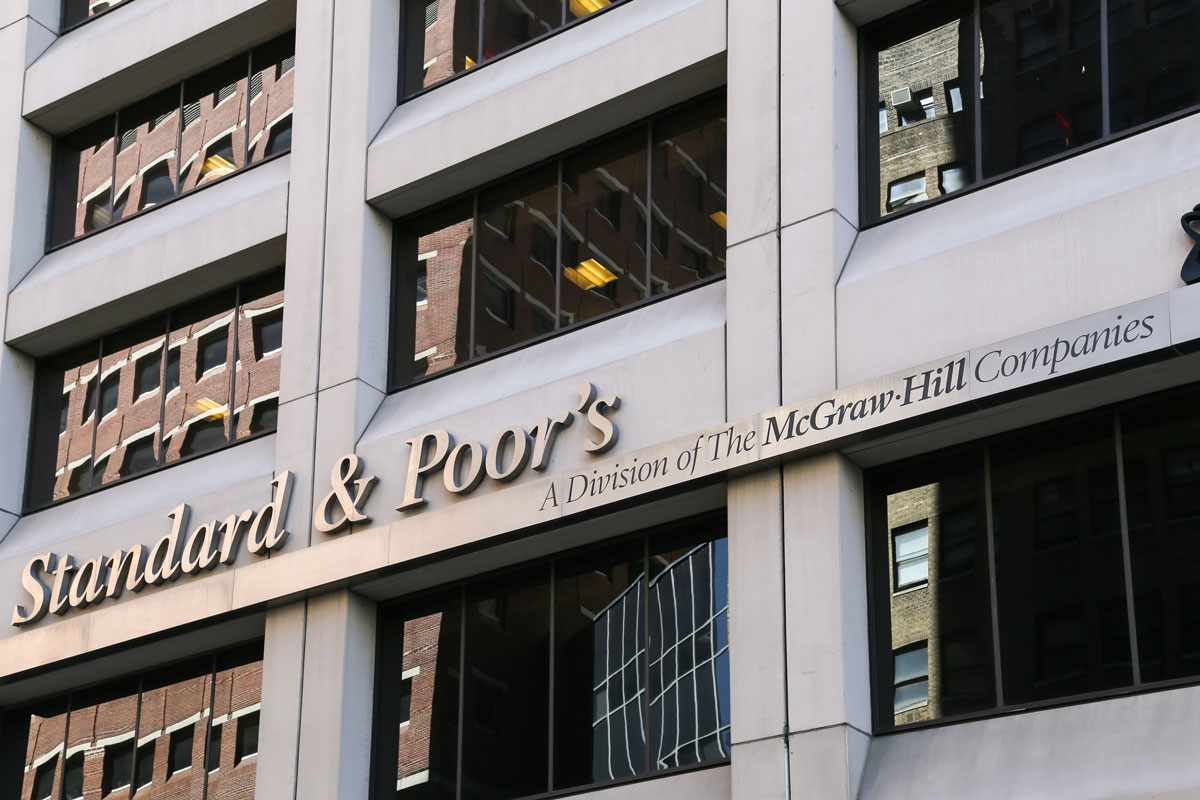India’s economy to attain size of USD 34.7 trillion by 2047: PHDCCI
The Indian economy is displaying robust growth post Covid pandemic despite continued global headwinds, the industry body said.
S&P had projected India’s economy to shrink by 5 per cent in the current fiscal, and the growth to recover to 8.5 per cent next fiscal.

S&P, which had earlier this week affirmed India's rating at lowest investment grade 'BBB-' with a stable outlook. (Photo: iStock)
S&P Global Ratings on Friday said India’s external position should remain stable over the next 12 months but COVID-19 pandemic-related risks to growth trajectory could exert downward pressure of the sovereign ratings if there is a weak recovery.
S&P had projected India’s economy to shrink by 5 per cent in the current fiscal, and the growth to recover to 8.5 per cent next fiscal.
“India’s external settings continue to support our rating, owing largely to the country’s modest external debt stock. As a large net importer of energy, low oil prices benefit the country’s terms of trade, likely leading to a lower current account deficit over the next few years, it said in a statement.
Advertisement
According to the agency, India’s external position should remain stable barring a collapse in exports, a steep decline in the central bank’s foreign-exchange reserves, or a sustained rise in the current account deficit.
“These factors are unlikely to change dramatically in the next 12 months. However, pandemic-related risks, especially to India’s growth trajectory, could exert downward pressure on the rating if the post-pandemic recovery is weaker than we expected,” it observed.
It said low energy prices, which should persist for some time, will benefit the Indian economy most and hard hitting economic reforms could return to the agenda.
This would hand the government a fresh opportunity to address the economy’s structural weaknesses, it said.
In S&P’s view, India’s economic outlook remains bright, so long as emerging weaknesses are addressed before growth rates fall much further. The course of India’s pandemic will play an important role in determining the strength of its economic recovery.
S&P, which had earlier this week affirmed India’s rating at lowest investment grade ‘BBB-‘ with a stable outlook, stated that the speed of India’s post crisis recovery will have long term implications for sovereign credit rating.
It said reforms undertaken by the centre over recent years to establish the infrastructure for direct benefit transfers, where the state distributes cash directly to those in need, has allowed the government to deliver stimulus funds to more than 300 million at-risk individuals following the introduction of its first stimulus package in March.
“This helped avert a much more dire humanitarian crisis,” it said, adding that the pandemic has, however, challenged India’s capacity to implement initiatives needed for growth like measures to alleviate high rates of structural unemployment, financial sector reforms, and a general easing of business regulations and trade barriers.
It said that the Modi administration has, over the past few years, introduced economy-boosting policies, including cuts to corporate taxes (announced in 2019),but the COVID-19 crisis will challenge the government’s capacity to roll out more painful reforms that are more easily digested during periods of economic strength.
“The pandemic remains in its early stages, and the scale and duration of the crisis remains highly unpredictable.
Should containment measures against the virus prove successful, the government would likely be in a position to consolidate its already solid support, solidifying political and social stability. Likewise, the economy may regain its footing quickly, thus stabilising investor and consumer sentiment,” it added.
Advertisement